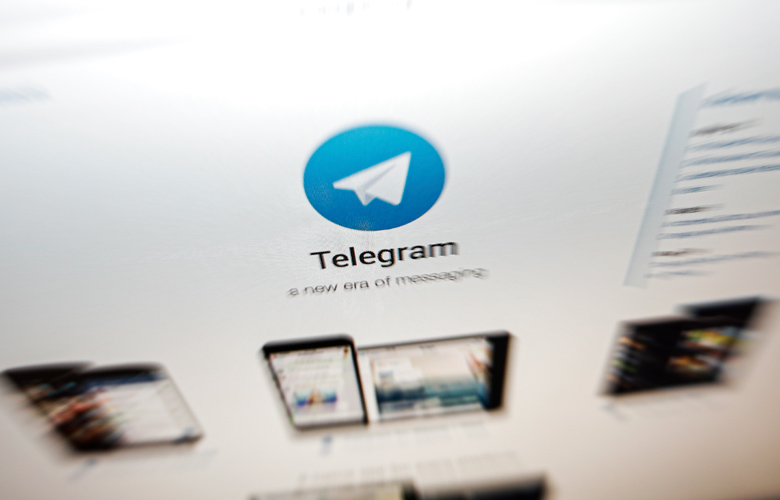The order from Kiev was given for security reasons
The National Security and Defense Council of Ukraine announced today that it is banning military and officials from using the very popular messaging app on their official devices Telegram founded by the Russian Pavel Durov, as he believes that the Russian secret services can have access to the correspondence of the users of the application.
“It has been decided to ban the installation and use of Telegram on the official devices of government officials, military personnel, security and defense workers, and companies operating critical infrastructure,” the Council said in a statement.
The military “often use it to discuss confidential work matters,” a senior military official told AFP Ukrainian security, speaking on condition of anonymity.
“It’s a big source of information leakage because Telegram is very easily hacked” by the Russians, he explained.
The meeting of the National Security and Defense Council, which made the decision, was attended by representatives of the secret services of Ukraine
The head of Ukraine’s military intelligence service, Kirill Budanov, said there was “documented information” indicating that the Russian intelligence services “have access to the personal correspondence of Telegram users, even deleted messages, as well as their personal data.”
Representatives of the Ukrainian security services assured us that Telegram is used by Moscow “for cyber-attacks, for the dissemination of phishing and malicious software, for the geographical location of users, the correction of missile strikes, etc.”, according to the announcement of the National Security Council and Defense.
However, the ban only applies to the devices used by the military and officials, not their private devices.
Pavel Durov, who founded the messaging app in 2013 and is its CEO, was arrested in France in August and charged with publishing illegal content on the app, APE BPE reported.
The 39-year-old Russian billionaire, who holds several passports, including a French one, is currently not allowed to leave France.
The app has officially pledged to never reveal information about its users. It is widely used in Russia, Ukraine and many other countries, both for official and private communications.
Ukrainian President Volodymyr Zelensky posts daily messages there, as do his ministers and various branches of the military.
On the Russian side, it is used by the Ministry of Defense, senior officials and pro-war bloggers, as well as representatives of the exiled opposition.








